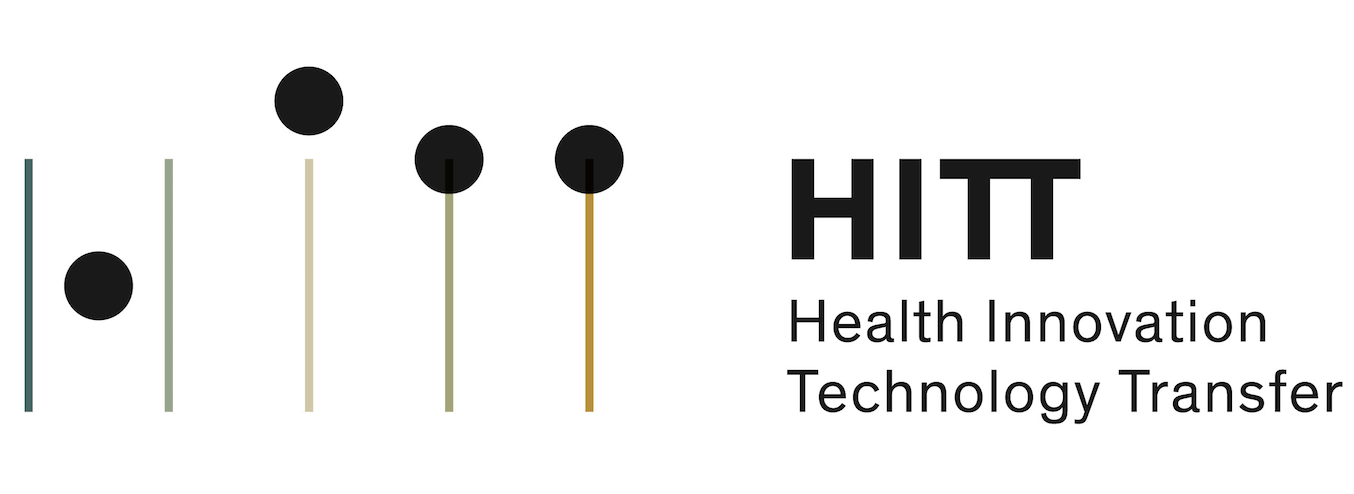How can promising innovation be effectively harnessed to improve health outcomes all over the world?

The global innovation landscape is rapidly evolving, and across the world, decision makers continue to struggle with the uptake of novel interventions and policies.
It is clear that healthcare stands to greatly benefit from rapid uptake of potentially beneficial innovation, especially considering the increasing pressure publicly financed healthcare systems are facing. The pressure of delivering high-quality care with limited resources is only made worse by the need to respond to a growing and changing healthcare demand in light of factors such as aging populations, a growing burden of chronic diseases, and drives towards more personalised treatment provision.
Rapid uptake of high-value clinical procedures, technologies, and organisational models would contribute to the best possible healthcare outcomes. Moreover, discontinuing practices that do not or no longer have high value, such as the use of antibiotics for mild respiratory infections, could have an equally beneficial impact on healthcare’s efficacy and efficiency.
However, healthcare is a sector that is notoriously rigid and resistant to change. The mere existence of a solid knowledge base or a useful intervention may be insufficient for actual effective innovation implementation and behavioural change. It has been widely reported that, on average, evidence-based practices take 17 years to be incorporated into routine practice in healthcare. Moreover, things like grant review processes or scientific research promotion appear to assign only secondary importance to a project’s contribution to the ongoing agenda of improving healthcare practice.
This disconnect triggered the establishment of the field of implementation science to facilitate the spread of evidence-based practices. It is “the scientific study of methods to promote the systematic uptake of research findings and other evidence-based practices into routine practice, and, hence, to improve the quality and effectiveness of health services.” (Eccles & Mittman, 2006)
In a short editorial piece, Khalil (2016) concluded that, in short, successful implementation of scientific advances requires competency, leadership, organisational input, and performance assessment. This is, of course, easier said than done. Wensing & Grol (2019) identified several problems within implementation science research and application, which lower its success rate.
For example, there appears to be a frequent misfit between problems/questions and the methods used to implement new ideas to try to solve these problems. This results in the use of implementation strategies that do not match with the targeted problems, and subsequent inefficient or failed implementation. Moreover, knowledge, theories, or research are largely organised in silos – bubbles of like-minded academics (e.g. epidemiologists, psychologists, sociologists, or economists), and the lack of interdisciplinary cross-over limits the scope and adequacy of investigation. Researchers or clinicians may be insufficiently familiar with a healthcare practice or policy to assess their usefulness.
Fundamental to the challenge of producing more effective knowledge translation for clinical practice will be overcoming misconceptions, silo-thinking, and self-interests among stakeholders. Coordinated, collaborative, interdisciplinary, and longer lasting research programs are needed in a field that is currently largely fragmented and inefficient.
How does your research hold up under these criteria? Will its translation be smooth sailing or heavy traffic?
